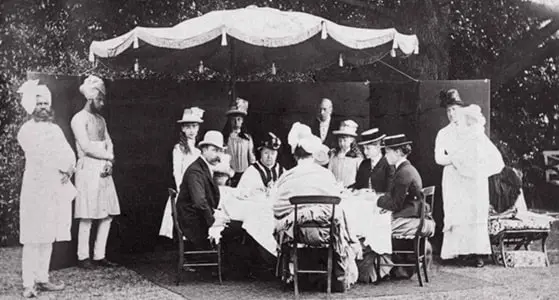The biblical declaration “Jacob I loved, but Esau I hated” has long intrigued theologians and lay readers alike. This statement, originating in the Old Testament and reiterated in the New Testament, raises questions about divine justice, predestination, and the nature of God’s love and hate. To comprehend this complex issue, it’s essential to examine the scriptural context, linguistic nuances, and theological interpretations surrounding this pronouncement.
Scriptural Context: Malachi and Romans
The phrase in question first appears in the Book of Malachi:
“I have loved you,” says the LORD. But you ask, “How have you loved us?” “Was not Esau Jacob’s brother?” declares the LORD. “Yet I have loved Jacob, but Esau I have hated, and I have turned his hill country into a wasteland and left his inheritance to the desert jackals.”
Centuries later, the Apostle Paul references this passage in his Epistle to the Romans:
As it is written, “Jacob I loved, but Esau I hated.”
In both instances, the statement serves to illustrate God’s sovereign choice in bestowing favor and fulfilling His divine purposes.

Linguistic Considerations: Love and Hate in Hebrew Idiom
Understanding the original Hebrew language is crucial to interpreting this passage. In Hebrew idiom, the terms “love” and “hate” can denote preference rather than literal emotions. For example, in Genesis 29:30-31, Leah is described as “hated” because Jacob loved Rachel more. Similarly, in Deuteronomy 21:15-17, the “unloved” wife is contrasted with the “loved” wife, indicating a lesser degree of affection. Thus, the phrase “Esau I have hated” may signify that God chose Jacob over Esau for a specific purpose, rather than expressing personal animosity.
Theological Interpretations: Election and Sovereignty
The concept of divine election is central to this discussion. God’s selection of Jacob over Esau occurred before their birth, independent of their actions or merits. This choice underscores the principle that God’s purposes are fulfilled according to His sovereign will. As Paul explains in Romans 9:11-12, God’s purpose in election stands, “not by works but by him who calls.” This perspective emphasizes that divine favor is an act of grace rather than a reward for human behavior.
Historical Context: The Nations of Israel and Edom
Beyond the individuals, Jacob and Esau represent the nations of Israel and Edom, respectively. The Israelites, descending from Jacob, were chosen to be God’s covenant people, tasked with a unique role in redemptive history. In contrast, the Edomites, descendants of Esau, often opposed Israel and faced divine judgment. Malachi’s prophecy reflects this national dynamic, highlighting Israel’s privileged position and Edom’s desolation.
Moral and Ethical Considerations
The notion of God “hating” Esau raises ethical questions about divine justice and human responsibility. Some theologians argue that God’s “hatred” signifies a rejection of Esau’s lineage for the covenantal promise, rather than personal condemnation. Others suggest that Esau’s own choices, such as despising his birthright, contributed to his unfavorable standing. Ultimately, these interpretations seek to reconcile the tension between divine sovereignty and human agency.
Conclusion
The statement “Jacob I loved, but Esau I hated” encapsulates a complex interplay of divine choice, linguistic nuance, and theological depth. It reflects God’s sovereign election in fulfilling His redemptive plan, the idiomatic expressions of ancient Hebrew, and the historical realities of Israel and Edom. While challenging, this passage invites readers to explore the profound mysteries of divine love, justice, and purpose.

